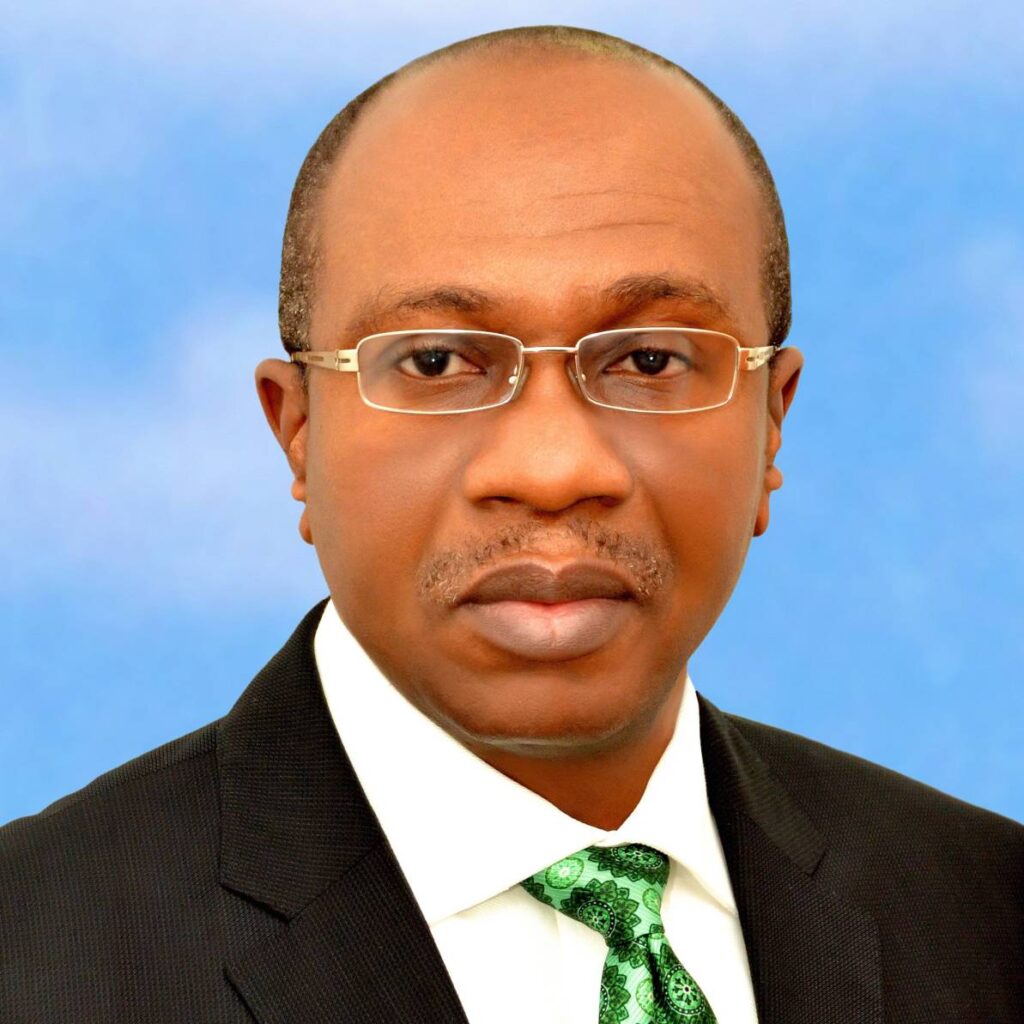The Governor of the Central Bank of Nigeria (CBN), Mr. Godwin Emefiele, says a total of $4.987 Billion has been repatriated into the country by non-oil exporters in 2022, under the Race to US$200 Billion in Foreign Exchange (FX) Repatriation (RT200) programme launched in February 2022 by the CBN, in collaboration with the Bankers’ Committee.
Mr. Emefiele disclosed this in a keynote to the second edition of the bi-annual Non-Oil Export Summit held in Lagos, on Tuesday, November 29, 2022, noting that the figure was significantly higher than the $3.190 billion repatriated in 2021. He, however, explained that only $1.966 Billion of this amount qualified for the rebate programme, just as he added that only $1.559 Billion was sold at the Investors & Exporters (I&E) window or for own use. He further noted that the CBN had equally paid out about N81 Billion in rebates to Nigerian exporters.
Speaking on the summit theme: RT200 Non-Oil Export Programme: The Journey So Far,” the CBN Governor called for greater collaboration, and coordination on policies to improve the economic activities in the non-oil sector, stressing that “export could transform the economic structure of countries from simple, slow-growing, and low-value activities to more productive activities that enjoy more significant margins driven by technology.”
According to him, now is the time for all stakeholders to work together to reposition Nigeria on a growth trajectory by taking the diversification of the economy seriously, stating that policymakers must help exporters and the economy by adding value to what the country produces and exports. He also pledged to work more to complement the effort of the Federal Ministry of Industry, Trade, and Investment to boost the country’s non-oil export.
Reiterating the need for a more diversified economy, Mr. Emefiele also emphasized the need to improve the country’s road infrastructure, with an emphasis on road infrastructure from the ports, to facilitate the ease of transporting goods for export.
Furthermore, he disclosed that feedback from Banks indicated interest by exporters in adding value to the products they export, to allow them to benefit from the programme. He, therefore, encouraged more exporters to find ways to add value to their exports so that they too could benefit from the scheme and get greater value for their exports.
Mr. Emefiele also restated the CBN’s commitment to strengthening and expanding foreign exchange supply into the market, noting that every stakeholder had a critical role to play in expanding the supply of foreign exchange to the country.
He assured exporters that the Bankers’ Committee and the CBN stood ready to partner with them to achieve their export goals and to ensure quick acceleration of the export value chain in Nigeria. Meanwhile, he also encouraged others yet to benefit from many financial programmes introduced by the CBN to approach their respective banks to explore ways to grow their business. This is even as he urged participants to share innovative suggestions for exploring the non-oil export sector as a more sustainable means of increasing financial flows into the economy and generating employment to spur growth
Highlighting the achievements in the automation and digitization of the trade processes in Nigeria, Mr. Emefiele commended the Bank’s stakeholders such as the Nigeria Customs Services, Nigeria Export Promotion Council, the Nigeria Ports Authority (NPA), and Nigerian exporters for their support, noting that all hands must be on deck in finding solutions to more robust export growth in Nigeria.
In his remarks, the Lagos State Governor, Mr. Babajide Sanwo-Olu, lauded the CBN and the Bankers’ Committee for keeping their collective promise to keep supporting the efforts by the Federal Government and states, especially Lagos, to promote growth in the economy, with emphasis on job creation.
Mr. Sanwo-Olu disclosed that work on the Lekki Deep Seaport had been completed and that the project would be inaugurated by the President in January 2023, to finally provide enormous opportunities for exporters to ply their trade and improve the export earnings of the country, especially in the non-oil sector.
While assuring stakeholders that the Lagos State Government will continue to provide the space and opportunities for businesses to thrive, he urged stakeholders to continue to promote a public-private partnership that will drive growth.
Earlier in her welcome remarks, the Deputy Governor, Financial System Stability, at the Central Bank of Nigeria, Mrs. Aishah Ahmad, highlighted the objectives of the RT 200 programme, stressing that the policy was designed to incentivize exporters in the non-oil export sector to repatriate and sell their export proceeds in the local foreign exchange market.
It will be recalled that the maiden edition of the bi-annual summit was held in Lagos on June 16, 2022. The RT200 FX Programme is an initiative of the Bankers’ Committee aimed at raising US$200 billion in non-oil export earnings over the next 3-5 years. The programme is anchored on five pillars, namely: Value-Adding Exports Facility; Non-Oil Commodities Expansion Facility; Non-Oil FX Rebate Scheme; Dedicated Non-Oil Export Terminal; and Biannual Non-Oil Export Summit.




